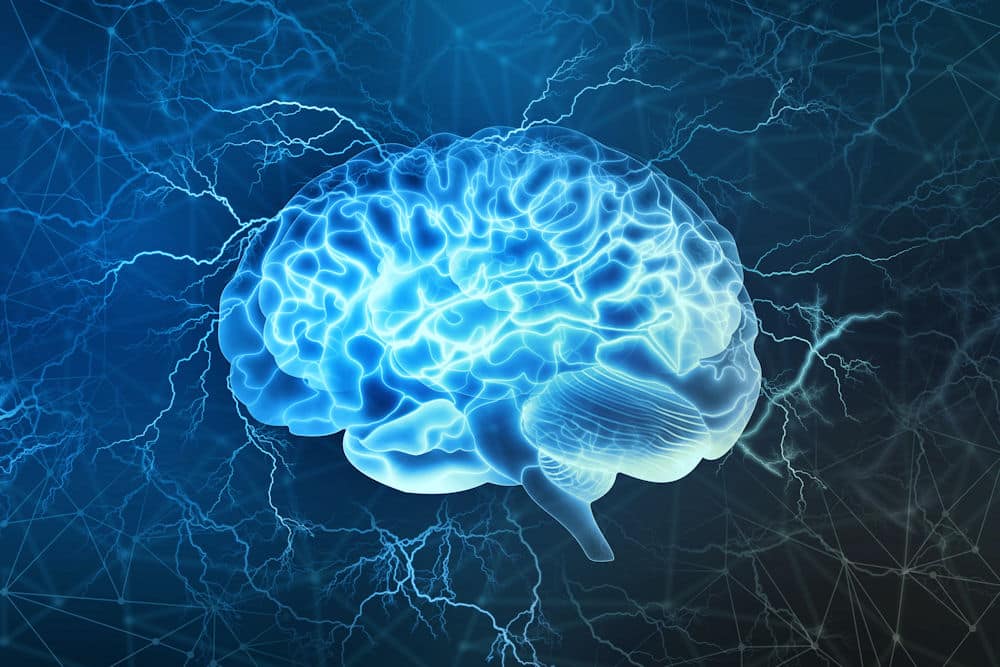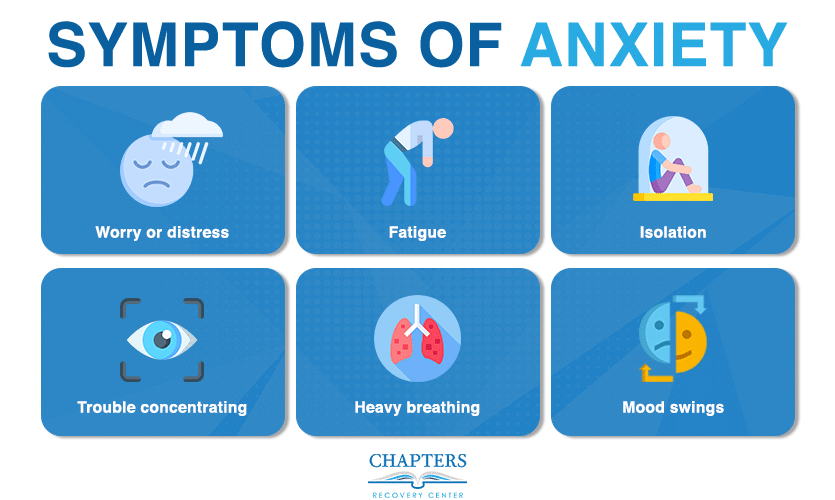Understanding Addiction Treatment Options
Taking the first step toward addiction treatment can feel overwhelming—but you don’t have to do it alone. At Chapters Recovery Center in Danvers, MA, we’re here to help you understand your options so you can make the best decision for your unique recovery journey.
Whether you’re seeking a men’s rehab or women’s rehab, Chapters Recovery Center offers compassionate, evidence-based care designed to help you build a strong foundation for long-term sobriety.
Inpatient Treatment Programs
For individuals facing moderate to severe addiction, inpatient care offers a highly supportive and immersive healing environment. Whether you’re exploring treatment options locally or in other regions like Ohio, understanding the benefits of inpatient care can help you make an informed decision.
Key Benefits of Inpatient Treatment:
- 24/7 medical supervision and support
- Structured setting, free from outside triggers
- Intensive individual and group therapy sessions
- Full focus on recovery without daily distractions
- Tailored programs for men and women
- Inpatient programs provide a strong foundation for recovery by offering a safe space to heal—physically, emotionally, and mentally—without the stresses of everyday life.
Outpatient Treatment Programs
- Flexible scheduling around work/family
- Living at home while receiving treatment
- Various intensity levels available
- Perfect for mild to moderate cases
- Lower cost than inpatient care
Outpatient treatment programs are a great option for individuals with less severe addictions. These programs offer flexibility and allow individuals to maintain their daily routines while receiving treatment.
The right program choice depends on several personal factors:
- Severity of addiction
- Substance type
- Home environment
- Support system
- Work/family obligations
- Financial situation
- Medical needs
A trusted addiction treatment center will conduct a thorough assessment to determine the most effective path for your recovery. Some individuals benefit from starting with inpatient care before transitioning to outpatient programs, while others achieve success through outpatient treatment alone.
It’s also important to consider detoxification as a crucial first step in the recovery process, especially for severe addiction cases.
Remember: There’s no one-size-fits-all approach to addiction recovery. The most successful treatment plans are those tailored to your unique circumstances and needs.
Daily Structure in Rehab
A structured daily routine plays a vital role in addiction recovery. Let’s explore what life in rehab looks like across different treatment settings.
Outpatient Treatment Schedule
A typical day in outpatient treatment offers flexibility while maintaining essential recovery activities:
- Morning Sessions
- Individual counseling appointments
- Group therapy discussions
- Mental health assessments
- Medication management
- Afternoon Programs
- Skill-building workshops
- Relapse prevention training
- Support group meetings
- Educational sessions
Outpatient programs allow clients to maintain work, school, or family commitments while receiving treatment. This balance helps practice recovery skills in real-world situations.
Residential Treatment Schedule
Inpatient facilities provide comprehensive, round-the-clock care with a more intensive schedule. A Typical day could look like:
- Early Morning
- 6:30 AM: Wake-up
- 7:00 AM: Breakfast
- 8:00 AM: Meditation or mindfulness practices
- Core Treatment Hours
- Personal therapy sessions
- Group counseling
- Medical check-ups
- Behavioral workshops
- Evening Activities
- 12-step meetings
- Recreational therapy
- Community gatherings
- Personal reflection time
This structured environment eliminates outside distractions and triggers, creating a focused healing space. Each activity serves a specific purpose in the recovery journey.
Benefits of Structured Recovery
A well-organized daily schedule:
- Rebuilds healthy habits and routines
- Reduces anxiety and uncertainty
- Creates accountability
- Develops time management skills
- Establishes a foundation for long-term sobriety
Both treatment settings emphasize structure as a cornerstone of recovery. This organized approach helps clients develop the discipline and stability needed for sustained sobriety. For those seeking help with addiction, Chapters Recovery Center offers individualized treatment options tailored to each person’s needs. If you’re interested in learning more or have any questions, feel free to contact us.
Therapeutic Activities in Addiction Recovery
Recovery involves more than just medical care and counseling—it’s about healing the whole person. Many treatment programs incorporate a range of supplemental therapies to support creativity, self-expression, and emotional wellness throughout the recovery journey.
Creative Healing Through Art, Music, and Movement
Expressive therapies can help individuals explore emotions and experiences in non-verbal ways:
- Art therapy encourages emotional expression through painting, drawing, or sculpting
- Music therapy offers a powerful outlet via songwriting, listening, or playing instruments
- Movement therapy helps restore the mind-body connection through dance, yoga, or gentle exercise
These approaches often serve as meaningful complements to traditional talk therapy, helping reduce stress, improve mood, and build confidence.
Family Healing Programs
Because addiction impacts more than just the individual, family involvement is often a critical part of long-term recovery. Many treatment centers offer:
- Weekly family therapy sessions to address strained relationships
- Educational workshops that explain addiction and promote healthier communication
- Group activities to strengthen family bonds and rebuild trust
Family therapy may cover topics such as:
- Understanding addiction as a family disease
- Setting healthy boundaries
- Developing supportive strategies for recovery
- Healing from past trauma
The Role of Supplemental Therapies
These therapeutic activities aren’t just for the moment—they often provide tools for lasting change by:
- Lowering anxiety and promoting relaxation
- Fostering self-awareness and emotional regulation
- Encouraging connection with others
- Uncovering new passions or interests that support sobriety
While availability may vary by treatment center, these types of therapies are widely recognized as valuable components of holistic recovery care.
Support Services Available
A comprehensive addiction treatment program includes access to dedicated medical professionals and addiction specialists who work together to support your recovery journey. At trusted addiction treatment centers, you’ll find:
Healthcare Provider Access
- 24/7 medical supervision and support
- Regular check-ups with physicians
- Mental health professionals for dual diagnosis treatment
- Medication management specialists
- Nursing staff for daily medical needs
Case Management Services
- Personal case manager assignment
- Individualized treatment planning
- Insurance and financial coordination
- Resource connection for housing, employment, or education
- Documentation assistance for legal matters
Your case management team plays a vital role in creating a seamless treatment experience. They coordinate between different healthcare providers, ensuring all aspects of your care work in harmony. These dedicated professionals also help you navigate practical challenges that might affect your recovery, from insurance paperwork to finding stable housing.
The support services extend beyond immediate medical care. Your treatment team includes specialists who understand both addiction and co-occurring mental health conditions. This integrated approach ensures you receive comprehensive care addressing all aspects of your recovery needs, setting a strong foundation for long-term sobriety.
Length of Stay in Rehab
The length of time someone spends in addiction rehabilitation can vary greatly depending on their individual situation. A personalized assessment is done to determine how long someone should stay, taking into account factors such as:
- 30-Day Programs: Initial recovery period for mild to moderate addiction
- 60-Day Programs: Extended treatment for complex substance dependencies
- 90-Day Programs: Comprehensive care for severe addiction cases
- Long-Term Residential: 6-12 months for chronic addiction patterns
Studies have shown that longer treatment periods often lead to better results. The specific length of your program will depend on:
- Severity of substance use
- Co-occurring mental health conditions
- Previous treatment history
- Personal recovery goals
- Support system strength
Treatment centers in Ohio and across the country tailor their program durations to fit each person’s recovery journey. The main focus is on achieving lasting sobriety rather than rushing through a set timeline.
Aftercare Planning
A solid aftercare plan serves as your roadmap to lasting recovery. Starting from day one of treatment, you’ll work with your care team to build personalized strategies for maintaining sobriety post-treatment.
Key Components of Aftercare Support:
- Regular check-ins with counselors
- Participation in support groups
- Ongoing therapy sessions
- Stress management techniques
- Healthy lifestyle modifications
Relapse Prevention Strategies:
- Identifying personal triggers
- Building a strong support network
- Creating emergency response plans
- Developing healthy coping mechanisms
- Setting achievable recovery goals
Your aftercare plan adapts as your needs change, providing the right tools at the right time. Many people find success by combining multiple support methods, such as therapy sessions in Ohio with local support groups and family counseling. It’s essential to incorporate effective relapse prevention tips into your aftercare plan for achieving long-term recovery.
Creating a Supportive Environment
A trusted addiction treatment center creates a safe, judgment-free space where individuals can focus on their recovery journey. The environment combines professional care with genuine compassion, allowing patients to feel understood and supported at every step.
Community interaction plays a vital role in the healing process. Group activities, shared meals, and peer support create meaningful connections that extend beyond the treatment period. These bonds help patients:
- Build trust and open communication
- Share experiences and coping strategies
- Learn from others’ recovery journeys
- Develop lasting support networks
At Chapters Recovery Center, we foster a welcoming atmosphere where every individual receives personalized attention. Our facility’s design promotes both privacy and community engagement, with comfortable spaces for reflection and group activities. The supportive environment extends to our staff, who work together to create a positive, encouraging atmosphere that nurtures lasting recovery.
Conclusion
The journey through addiction recovery is uniquely personal, yet no one needs to walk this path alone. From comprehensive treatment options such as inpatient drug rehab in Ohio to structured daily routines, therapeutic activities, and dedicated support services – trusted addiction treatment centers provide the foundation for lasting recovery.
Whether you’re considering treatment in Ohio or exploring local options closer to home, taking the first step toward recovery is an act of courage. If you’re in the New England area, Chapters Recovery Center in Danvers, Massachusetts offers compassionate, expert care to support you every step of the way.
Our experienced team provides a wide range of addiction therapy programs—each designed to help clients heal not just from addiction, but also from the underlying emotional and psychological challenges that often accompany it. Whether you’re just beginning your recovery journey or looking for continued support, we’re here to help you build lasting change.
If you have a loved one who needs treatment but is resistant to the idea, our intervention programs can provide the necessary support. Additionally, we understand that recovery doesn’t end after treatment; that’s why we also provide essential aftercare programs that serve as practical resources to improve sobriety.
Your path to healing starts here. Contact Chapters Recovery Center today to learn how our personalized treatment programs can support your journey to lasting sobriety. Your future self will thank you for making this life-changing decision.








